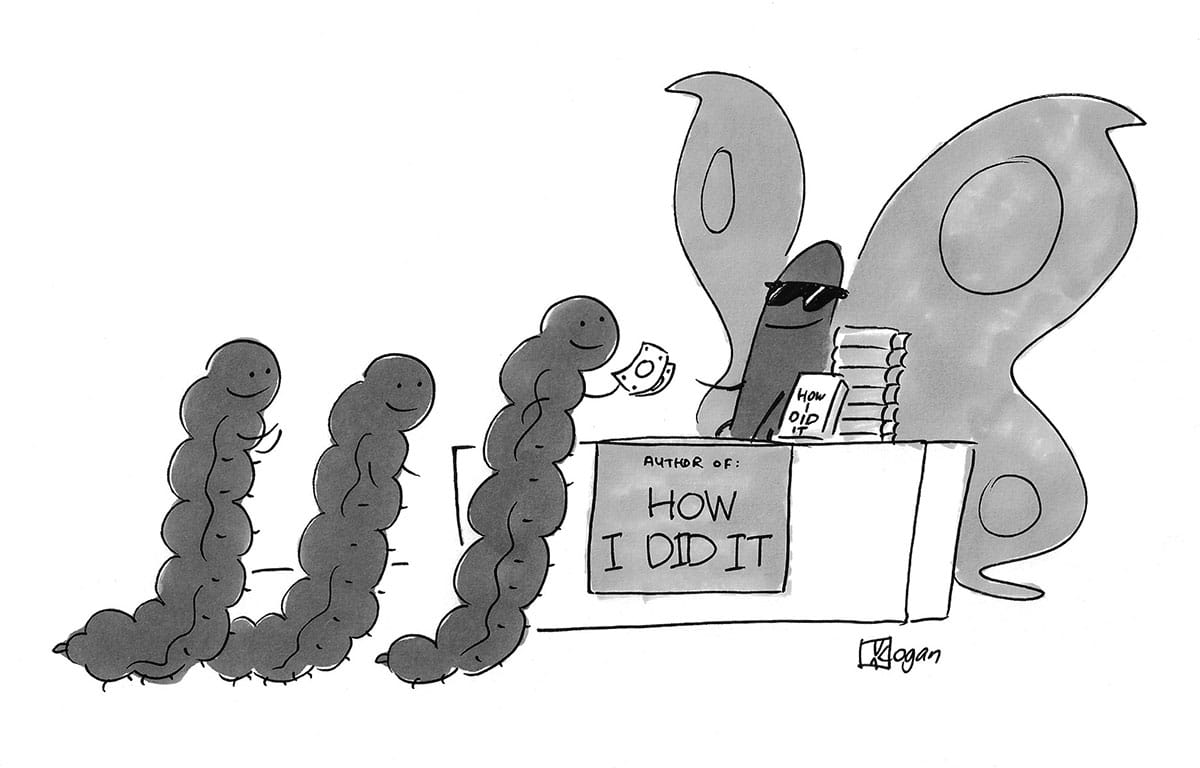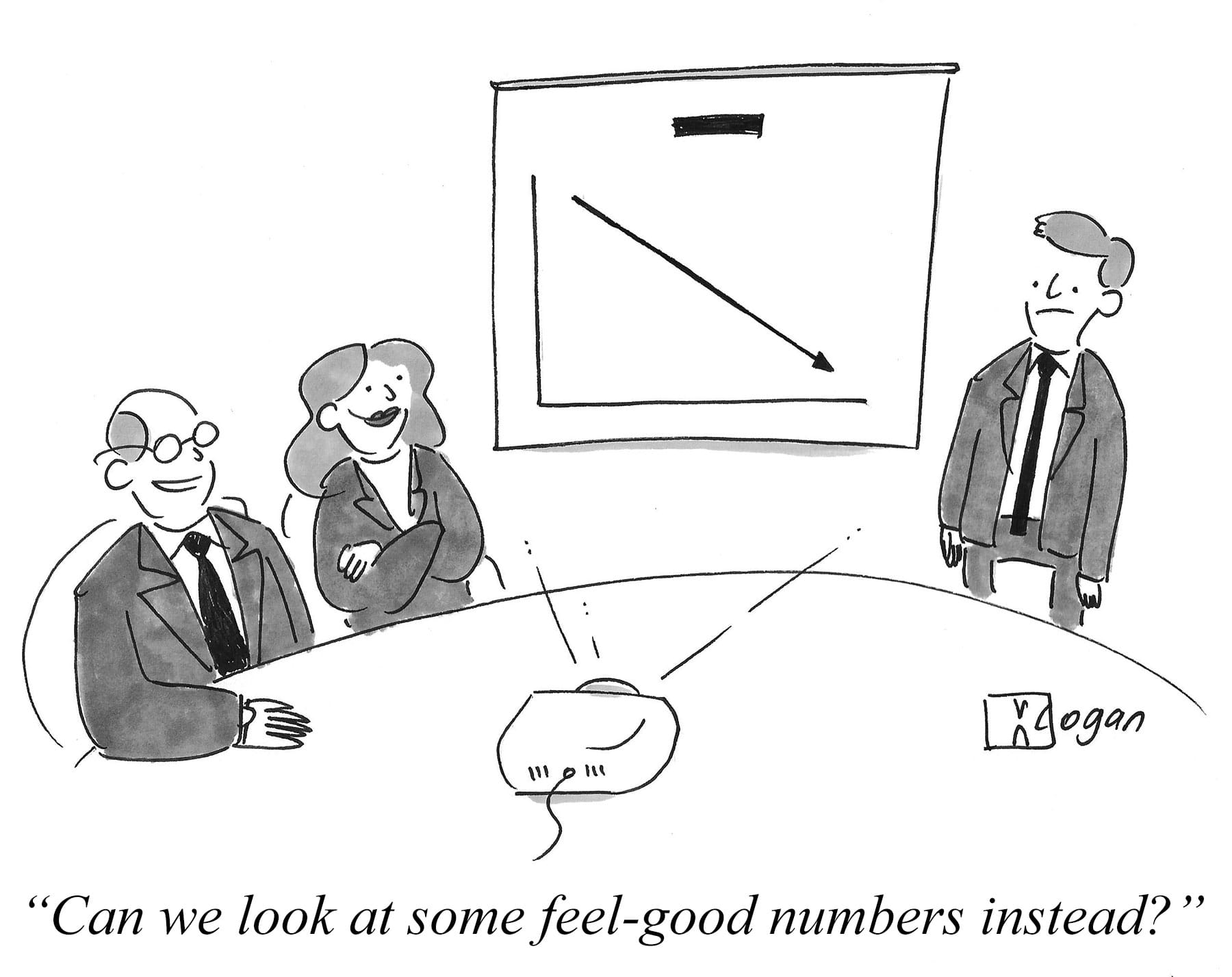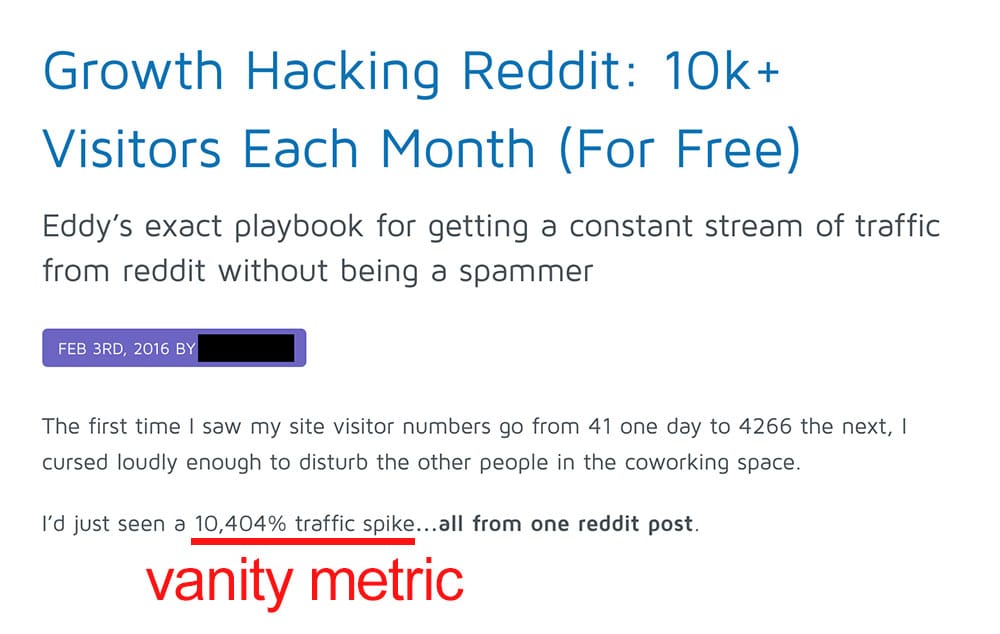Bad Marketing Advice
Bad advice is everywhere, especially in marketing.
Reading and keeping up with marketing advice is overwhelming because there’s so much of it, and so much of it is awful.
While professional marketers and consultants eventually build up the experience to discern the junk from the gems, everyone else risks losing considerable amounts of time and money by following bad marketing advice that isn’t likely to yield any positive results.
The next time you stumble onto a marketing article, look for these warning signs of bad advice:
1. It's vague.

High-level and strategic advice could be useful, but an absence of details—such as examples, instructions, or references—signals that the author is more concerned about appearing to be helpful than being helpful.
Horoscope writers and psychics are masters at saying a lot without saying anything at all. Unfortunately, many marketers have picked up that skill.
2. It promises results that sound too good to be true.
If there are no mentions of caveats, failures, or cautionary notes, then something isn’t right.

Outrageous results get clicks. In an oversaturated field of marketing advice, marketers are trying to stand out by framing their slightest wins into tales of brilliancy and astronomical results.

Even when the intentions are good, advice that sounds too good to be true may be blind to limitations, context, and chance. In other words, someone offering sure-fire marketing advice may not be aware of all the factors that affected their own experience.
3. It focuses on vanity metrics.
Vanity metrics are things that look great but say nothing about business results. Visitors, pageviews, link clicks, and visitor counts are all vanity metrics. Getting 100,000 visitors says nothing about sales, leads, revenue, or users, no matter how great it feels.
I once came across a 3,000-word article in which a marketer flaunted getting thousands of visitors as a result of their genius marketing tactic. I would not fault most people for mistaking such a long and detailed article for quality advice that should be followed.

What I saw, however, were 3,000 shallow words without ”conversion” being mentioned even once. All air and no substance. When I pressed the author for details, they admitted that those thousands of visitors resulted in just $7 of revenue. Even after the revelation, the author still could not see what was wrong with that picture.

That article was featured in a popular marketing community. I can only hope the damage was limited to other marketers and not real decision-makers.
(Unfortunately, marketing forums and communities are overspilling with bad advice. My general recommendation to everyone — including marketers — is to avoid them.)
Any advice that flaunts or promises results but stops short of mentioning meaningful outcomes, such as sales, leads, customers, or revenue, can be discarded without hesitation.
Now you can lower your risk of losing time, energy, and money by recognizing bad marketing advice. You can also avoid the risk entirely by consulting with an expert.
I will end this by crediting two sources that consistently publish substantive and helpful advice: the ConversionXL blog and essays by Brian Balfour. Comment if you know of other reliably good sources who deserve a mention.




